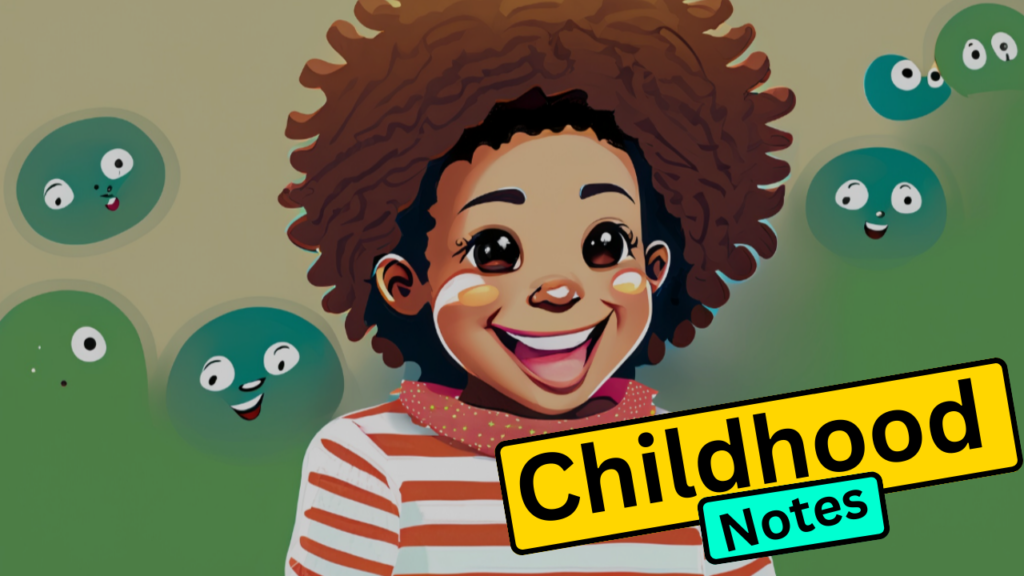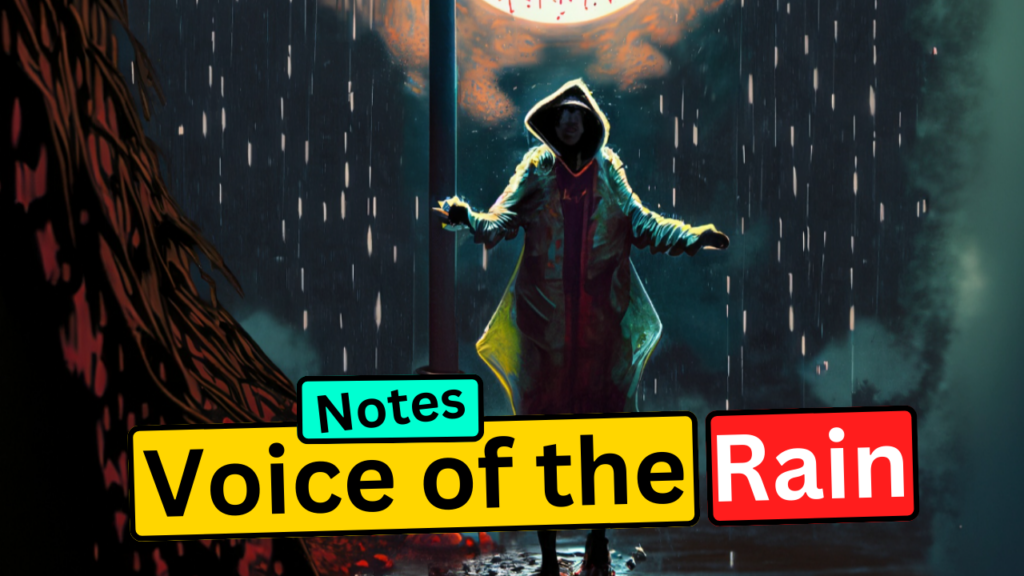Summary of Childhood
Marcus Natten wrote the poem Childhood. In the summary of Childhood, the poet talks about how he lost his childhood. The poet talks about the exact moment when this innocence was lost. He talks about the times when he almost didn’t have a childhood. Also, the poet comes to understand that the world is not what it seems to be. He can remember the time when his thoughts changed. The poet thinks that everyone around him is a liar. It looks like the poet will never again be able to trust the people around him. This is because he knows they are lying. The poet thinks that adults talk about love but don’t show it in their actions. The author tells us that he spent his childhood in a place that has been forgotten. The poet also says that his childhood is hidden in the innocent face of an infant.
Childhood Summary in English

First, the poet thinks and wonders about how his childhood came to an end. He wonders what happened to his childhood. He wonders if that was the day he stopped being eleven years old. Another possibility is when the author realised that Hell and Heaven did not exist and that they could not be found on a map. So, this was when the author could tell the difference between what was real and what was made up. The poet realises that they are made up places that don’t exist in the real world.
The poet asks the same question about losing his childhood again and again. Now, the poet is trying to figure out when he started to see the world differently. As people get older, they naturally change the way they see the world. But it seems to have a big effect on the poet. Also, the poet realised that adults lie. This is because adults are not always what they seem to be. The author says that adults talk about love, but their actions don’t show it. So, the author thinks that the adults have two different sides to them. So, did his childhood end at this point?
The poet then thinks about the same question about how he lost his childhood. Also, the author thinks about a number of possibilities. The poet also thinks about the day he realised that he was in charge of his own mind. This is when the poet realised that he can use his mind in any way he wants. Also, the poet realises that his own thoughts can’t be changed by anyone else. One could say that the poet realised he has free will and can think his own thoughts. This is when the poet started to understand who he was and what made him unique. So, was that the day he stopped being a child?
In the last line, the poet starts to feel bad about his lost youth. It seems like the poet wants to go back to his childhood. He comes to the conclusion that his childhood has gone to a place where it will never come back. The poet misses his youth, which he has lost. You can only see this kind of innocence on a baby’s face. He only has good memories from his childhood, which would soon be forgotten. The poet says that a child’s innocence only lasts until he or she is an infant.
Conclusion of Childhood Summary
The childhood summary talks about how a child’s innocence is lost as he or she grows up and learns about the real world.





